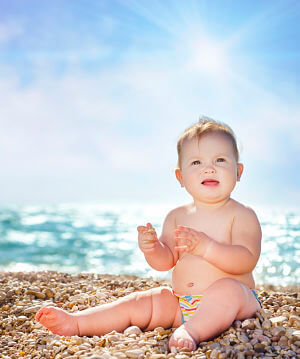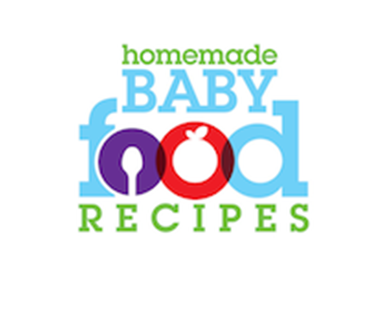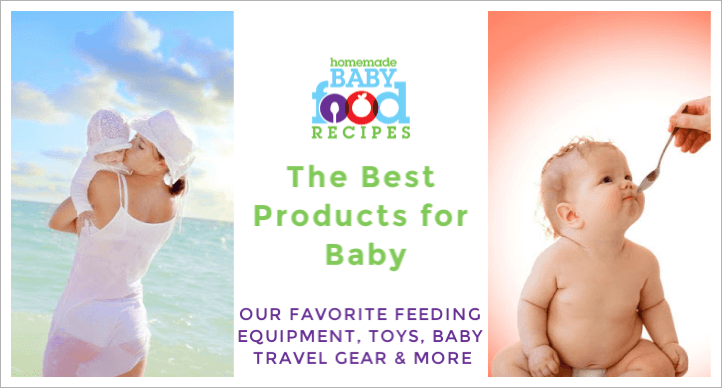Safety Tips for Traveling Abroad With Baby
Traveling abroad with your baby can be great fun – but it’s important to be aware of some of the common safety hazards that exist and to learn how to avoid them!
To help you, we’ve put together a summary of Safety Tips For Traveling Abroad With Baby based on guidelines from the Centers For Disease Control and Prevention.
Taking care of tiny tummies
Diarrhea and gastrointestinal illness are the most common problems affecting babies and young children when traveling abroad.
This is because they have little immunity to food-and waterborne illnesses and also because they often have their hands in their mouths! But diarrhea can be serious in infants because they can become dehydrated quite quickly.
Breastfeeding (if possible) is the best way to prevent illness of this type. You should also make sure that you only offer your child purified water (when appropriate) and to use purified water to make ice cubes, brush your baby’s teeth and mix his formula or foods.
Make sure that everyone washes their hands thoroughly at all times and that all toys, pacifiers/dummies etc are kept clean.
Food safety
If you give your child any dairy products, make sure that they are pasteurized.
Wash all fresh fruit and vegetables thoroughly.
Bring finger foods that you have prepared yourself when you go out on trips, to avoid buying “snacks” from sources which may be unsafe (roadside vendors, for example). Make sure any meat or fish that your child eats is thoroughly cooked.
Visit the Centers For Disease Control and Prevention for detailed instructions on the steps to take if your baby is affected by diarrhea.
Baby feeding travel accessories
Protecting baby’s skin

Protect your child against insects such as mosquitoes, flies and ticks by covering their skin as much as possible when outdoors.
Use air conditioning at night (if available) and make sure that windows are screened – if not, you should use a mosquito net over your child’s bed.
Buy a protective net for your baby’s carrier, too, to protect him outdoors.
You can apply insect repellent to your child’s skin, but you should not use it under clothing or near your baby’s face or hands, in case he transfers it into his mouth.
You shouldn’t use DEET on babies less than 2 months of age.
Some parents find that lavender oil, combined with baby oil, makes an effective, natural alternative to DEET.
Talk to your doctor if you are visiting an area where diseases such as malaria and yellow fever are present, because your baby may be too young to receive the necessary vaccinations.
More safety tips…
- Don’t allow your baby to play directly on the ground – instead, use a towel to protect him from parasites that may be present in soil.
- Make sure that your child is not allowed to wander near – or to touch – any stray animals.
- If possible, bring your baby’s car safety seat with you – they are sometimes unavailable abroad, or those that are available may be unsafe.
- Supervise your child around water at all times.
- Make sure that your child is protected from the harmful rays of the sun by applying a sunscreen of at least SPF 15 every two hours (and more often if your baby has been in water or is sweating). Sunscreen is not recommended for babies under 6 months of age, who should be kept in the shade with their skin covered.
Source
CDC: Traveling Safely with Infants and Children
More tips for traveling with baby…
Our guide to travelling with baby
More tips for taking baby abroad

